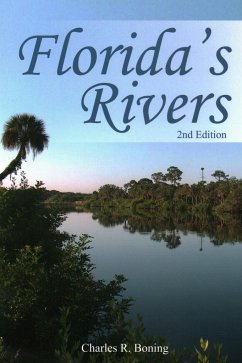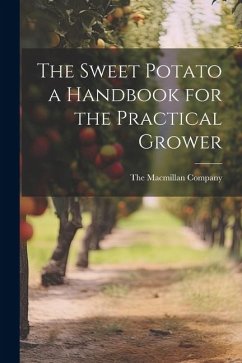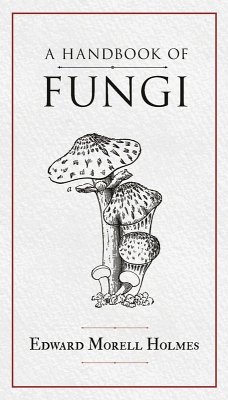
Notes of a Potato Watcher
Versandkostenfrei!
Versandfertig in über 4 Wochen
18,99 €
inkl. MwSt.

PAYBACK Punkte
9 °P sammeln!
The potato has a larger story to tell than its humble status suggests. In this account of the potato and its role in human history -- and the human future -- James Lang tells that story. Combining biology and social science, he describes the origins of cultivated potatoes; the many ways to propagate, store, and harvest potatoes; and the crop's potential for feeding a hungry planet. Along the way, Lang also muses on art and agriculture, reflects on famine and demography, describes village-based farmer field schools, and looks at the role the potato plays in China and other key areas of the worl...
The potato has a larger story to tell than its humble status suggests. In this account of the potato and its role in human history -- and the human future -- James Lang tells that story. Combining biology and social science, he describes the origins of cultivated potatoes; the many ways to propagate, store, and harvest potatoes; and the crop's potential for feeding a hungry planet. Along the way, Lang also muses on art and agriculture, reflects on famine and demography, describes village-based farmer field schools, and looks at the role the potato plays in China and other key areas of the world. Native to the New World, the potato was first domesticated by Andean farmers, probably in the Lake Titicaca basin. Full of essential vitamins and energy-giving starch, the potato has proved a valuable world resource. Curious Spaniards took the potato back to Europe, from whence it spread worldwide. Today, the largest potato producer is China, with India not far behind. From the many potato projects he studied, Lang learned a simple, direct lesson: how to address basic problems with practical solutions. Whether the problem is seed production, pest management, genetic improvement, or storage, effective projects must take the diversity imposed by place and by farming traditions as a starting point. In agriculture, one size does not fit all. Notes of a Potato Watcher is a book that anyone interested in food crops and small farms will not want to miss, a book that explains why the potato was not the culprit in the Irish famine, and a book that shows why solutions must begin at home.












